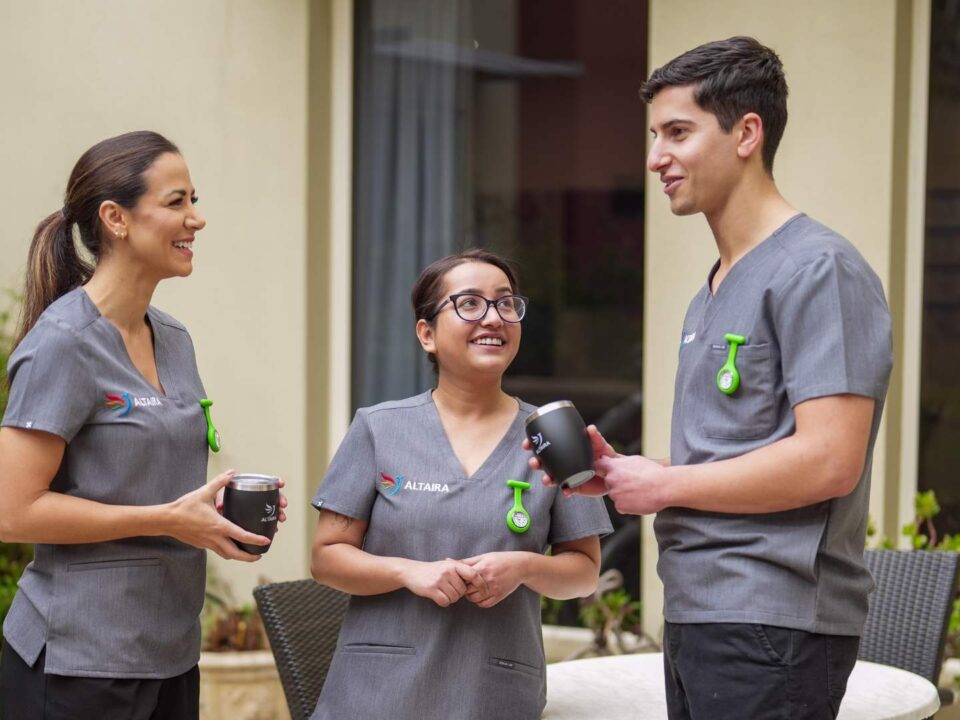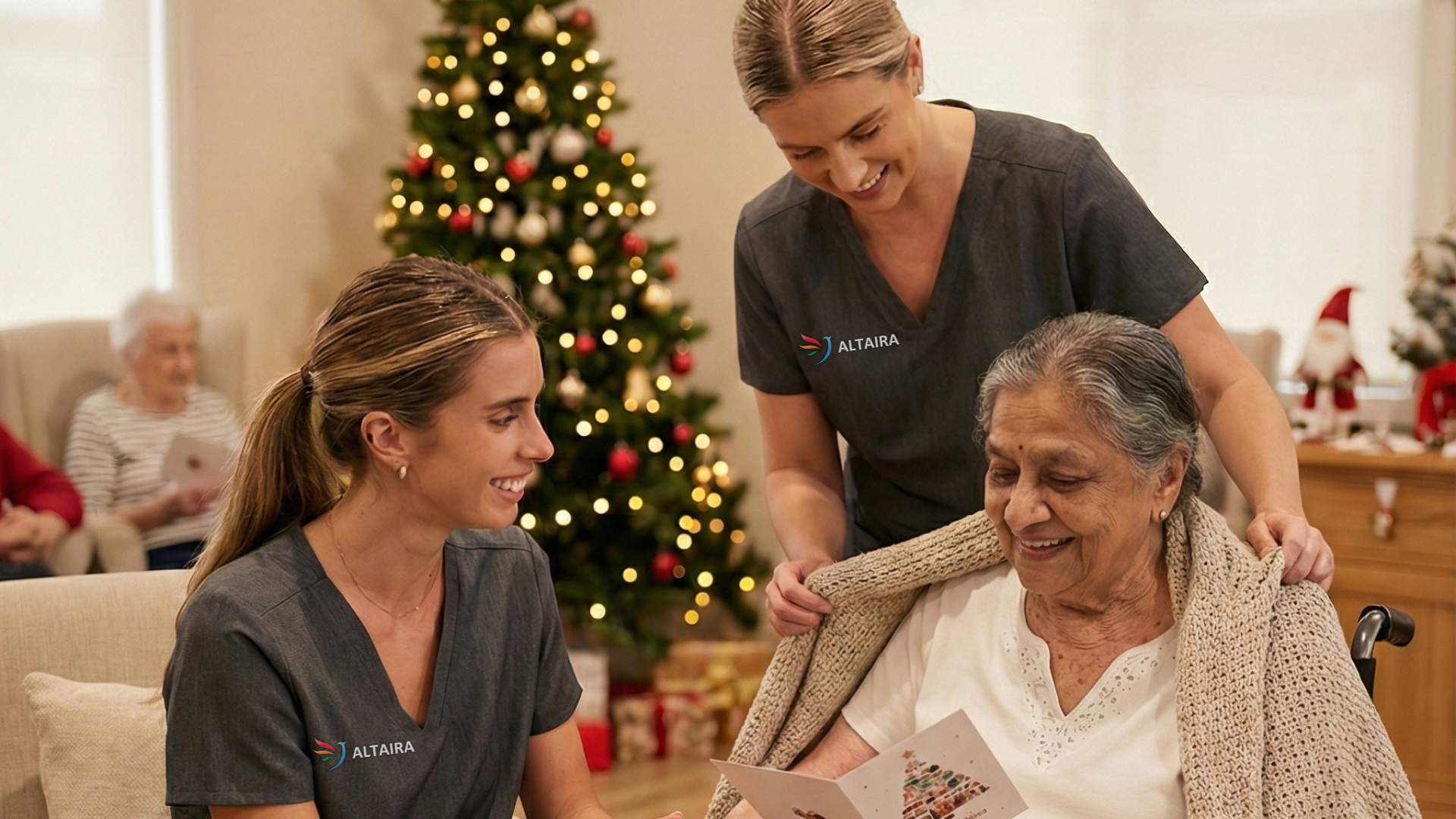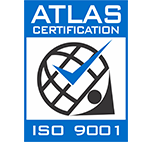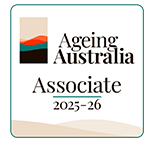
Stronger Workforce, Sweeter Connections: Altaira at VIC State Conference
May 27, 2025
Caring for those who care for our older people
June 12, 2025Top 10 Clinical Skills You’ll Use Most in Aged Care: A Guide for New Graduate Nurses

Embarking on a nursing career in aged care is both rewarding and challenging. As Australia’s population ages, the demand for skilled aged care nurses continues to grow. For new graduate nurses, understanding the essential clinical skills required in this field is crucial. Here are 10 clinical skills you’ll find you will frequently utilise in aged care settings:
Comprehensive Health Assessments
Conducting thorough health assessments is a fundamental part of working in aged care. This includes evaluating vital signs, cognitive function, mobility, and nutritional status. Regular assessments help in early detection of health issues and in formulating individualised care plans.
Medication Management
Working in aged care, handling medication is often a part of your every day care for residents. Administering medications accurately and monitoring for side effects are critical responsibilities. Understanding the function of different medications and their implications is essential to prevent adverse drug reactions.
Wound Care
Elderly patients are often prone to skin breakdown and pressure injuries. Proficiency in wound assessment, dressings, and infection control measures is vital for promoting healing and preventing complications.
Compassion and empathy
Clinical skills are vital, but having traits like compassion and empathy are often what matters most. In aged care, your ability to connect with residents can sometimes be just as healing as any medication or treatment. Compassion and empathy help build trust, ease anxiety, and make residents feel genuinely seen and valued. For many, you’ll be more than just their nurse — you’ll be their steady support, their listener, and sometimes even their lifeline.
Emotional resilience
Aged care nursing can be emotionally intense. You’ll support people through grief, loss, loneliness, and the realities of ageing. Emotional resilience doesn’t mean you won’t feel those things — it means you’ll learn how to process them, stay grounded, and keep showing up with care. Whether you’re managing a resident’s passing or a difficult family conversation, resilience helps you care without burning out.
Pain Management
Assessing and managing pain effectively enhances the quality of life for aged care residents. Utilising both pharmacological and non-pharmacological interventions tailored to individual needs is essential.
Ability to Multitask
In any nursing job, no two shifts are the same, and you’ll often find yourself juggling multiple tasks at once. From administering medications and responding to call bells, to comforting a resident or liaising with family members, multitasking is a must. Learning to prioritise effectively ensures you are meeting resident’s medical needs while still providing compassionate, timely care.
Palliative and End-of-Life Care
Providing care during the final stages of life is one of the most profound responsibilities in aged care. It involves more than just managing physical symptoms like pain — it’s also about supporting emotional, spiritual, and psychological needs. You’ll work closely with the resident’s family, offering comfort, clear communication, and a reassuring presence. Ensuring dignity, respecting end-of-life wishes, and creating a peaceful environment are key.
Communication Skills
Effective communication with residents, families, and multidisciplinary teams is at the heart of quality aged care. It ensures care is well-coordinated, residents feel heard and respected, and families stay informed and reassured. Good communication also includes active listening — a simple but powerful way to make residents feel valued.
Documentation and Care Planning
Accurate, timely documentation is crucial in aged care. It’s how clinical decisions are tracked, risks are managed, and legal requirements are met. A clear, well-written care plan ensures consistency across shifts, especially for residents with complex needs.
Conclusion
For new graduate nurses, mastering these clinical skills is crucial in delivering high-quality care in aged care settings. Continuous learning and practical experience will further enhance your competence and confidence in this rewarding field.
Ready to put these skills into practice? At Altaira, we support new and experienced nurses in delivering compassionate, high-quality care across aged care and community settings. As a new gradt with Altaira, you will be buddied with an experienced aged care Registered Nurse. You will have 24 hour access to our Clinical Operations Manager for mentoring and support, as well as:
✅ Access to training and support
✅ Mentoring by the best in the business
✅ Opportunity to fast track your career
86% of our graduates go onto a career in aged care and are highly sought after for management positions.
Read more: https://www.altaira.com.au/employment/graduate-nursing-program/










